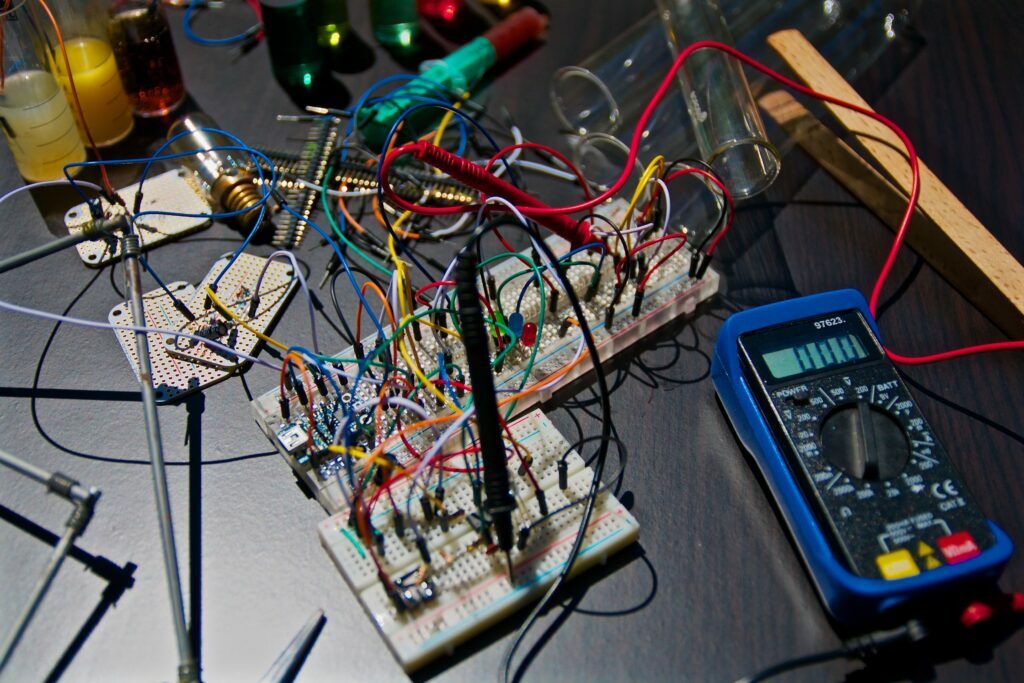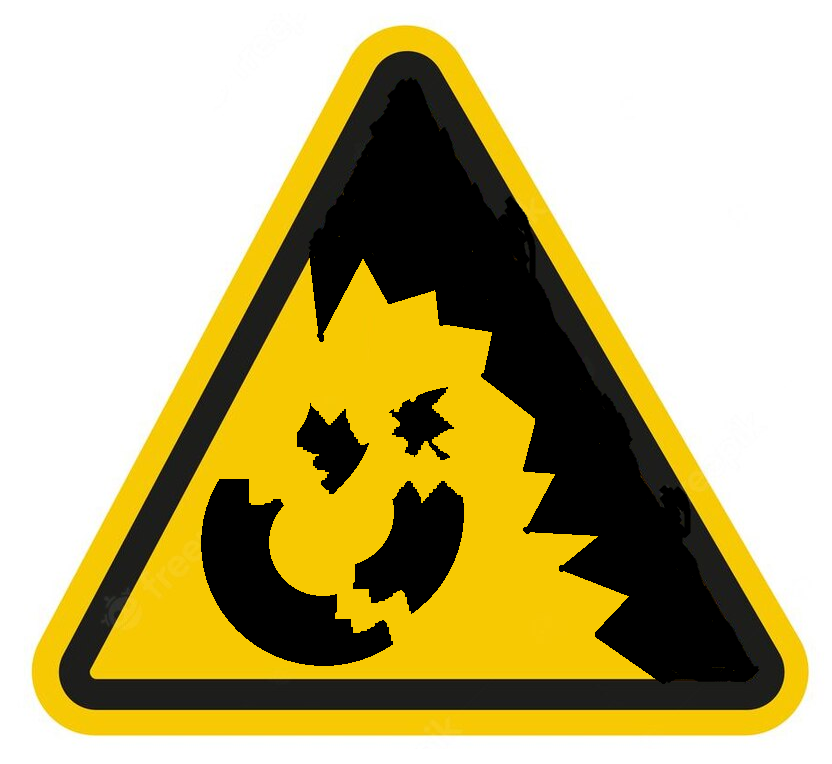Magnet Safety
Choking Hazard

Magnets are not toys. Please keep magnets away from children. Do not ingest or inhale magnets.
The attraction of magnets in the body may cause serious injury and require immediate medical care.
Magnets can damage your electronics

Strong magnetic fields of neodymium magnets can damage certain magnetic media such as credit cards, magnetic I.D. cards, and legacy media such as cassette tapes, and videotapes. They can also cause damage to TVs and computer monitors.
If you have a pacemaker or know that there is a possibility that someone with a pacemaker will come in contact with the magnet, please give us a call before purchasing to discuss your application.
For small electronics like cell phones, iPods, calculators, solid-state drives, and other devices that don’t contain magnetic storage there shouldn’t be any problems, but just to be on the safe side try to avoid close contact with neodymium magnets.
Polymagnets have special magnetic fields that can be less damaging to sensitive electronics.
Breakage Risk

Do not let these magnets snap together with their full force or they will break and quite possibly send small pieces of magnet flying in all directions.
Do not attempt to machine or drill the magnets. See our article on aftermarket machining for more details on machining magnets.
For standard N40 Grade magnets, do not heat above 176F (80C) as this will cause them to lose their magnetic properties. If higher operating temperatures are required, please contact us with your specific requirements.
It is advisable to wear protective gloves and goggles when handling these magnets. Broken magnets have sharp edges. Magnet powder and particles from broken magnets should not be inhaled. See our MSDS for more information about NdFeB magnets.
Pinching Hazard

Neodymium magnets can pinch very hard, and some of our larger magnets will easily break bones.
For your own safety do not allow fingers or any part of your body to come in between the magnets,
Handle with Extreme Care.
Thick gloves and goggles are advised when handling larger magnets.
